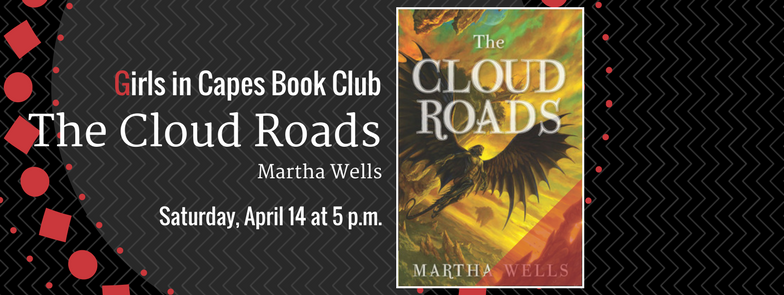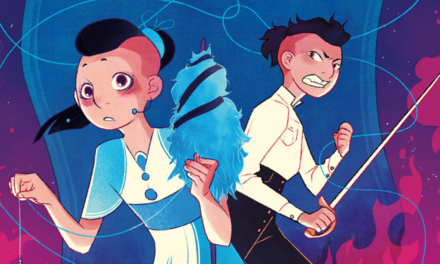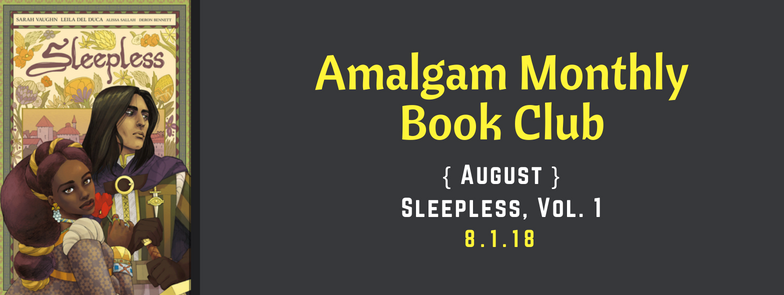The Books As Flint panel featured author and activist Anny Rusk, author Katie Schenkel, educators Claire Hotaki and Adan Avarado, and writer/producer Sandy King. The panel was moderated by Lys Galati of Sphinx Group.
The panel was introduced by Eric Kallenborn of Comics Education Outreach, an organization “dedicated to providing innovative and practical resources that help educators successfully incorporate comics and graphic novels into their classrooms.”
The panel focused on how to use graphic novels as teaching tools, specifically for their effectiveness teaching empathy and social justice.
The panelists were first asked what their “sleeper hit” graphic novels were – the books that worked best for them in the classroom. Hotaki said she likes to pair the novel In Cold Blood by Truman Capote with the graphic novel Capote in Kansas by Ande Parks and Chris Samnee. She said these two works taken together ask what fact really is and how author’s bias can affect a story.
Rusk mentioned Zita the Spacegirl by Ben Hatke as a way to address accountability and what we can do in our lives to make a difference. Avarado said Brian K. Vaughn’s Pride of Baghdad was a great book for showing wide-ranging perspectives on war.
When asked about why graphic novels are important, Avarado said he thought that many young students are visual learners, and so they help students engage with literature.
Schenkel said that “when superheroes get social justice right, they really get it right,” and mentioned the comic We Are…Robin by Lee Bermejo as being particularly important in the current political climate.
Rusk said she thought that “graphic novels and books are a great way to expose you to different cultures,” and that books are a means of travel in a way.
Hotaki described The Killing Joke by Alan Moore as “empathy in a book.”
The conversation then pivoted to a discussion of activism in the classroom. Rusk mentioned that her organization, The Patronuses, is doing a campaign based on the graphic novel Hereville by Barry Deutsch. In response to the recent doxxing of Jewish people in Whitefish, Montana, The Patronuses started a letter-writing campaign modeled after the actions of the protagonist of Hereville.
Avarado said that many of his students can be dejected when they’re not sure how to help, and that he tries to remind them that anything they can do can make a difference.
The panel ended with an audience question about how to get resources to students that might not be able to afford books and graphic novels. Galati said getting in contact with the publisher can be a big help. Avarado added that many publishers have $1 issues of certain publications. He also said that there are many free excerpts online, and that Comics Education Outreach is working on a lending library for educators and students to share materials.
Hearing from so many passionate and knowledgeable authors and educators was fascinating. They came from very different backgrounds but were united by a desire to not only bring graphic novels into classrooms, but do anything necessary to encourage their students to have an empathetic worldview. It was an informative and very inspiring discussion, as well as a good reminder for all of us there that no action is too small to make a difference.
—
Read more from last year’s C2E2 on You Fight Like a Girl!





